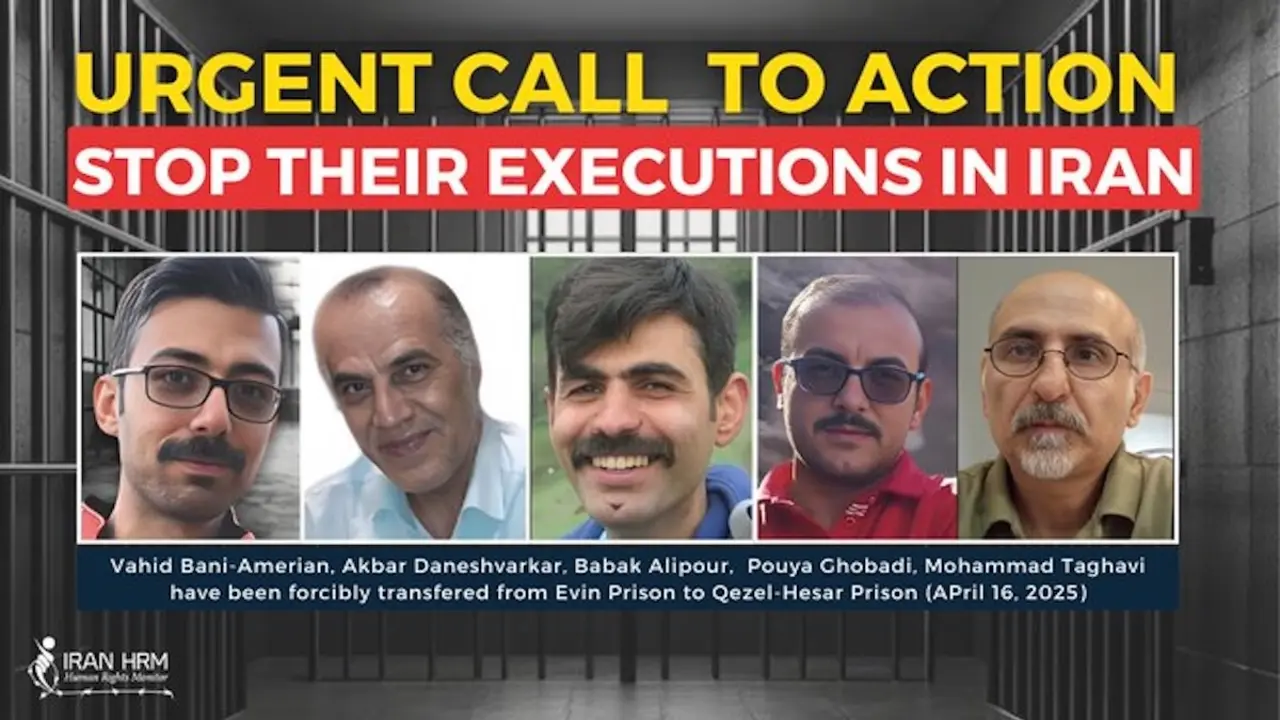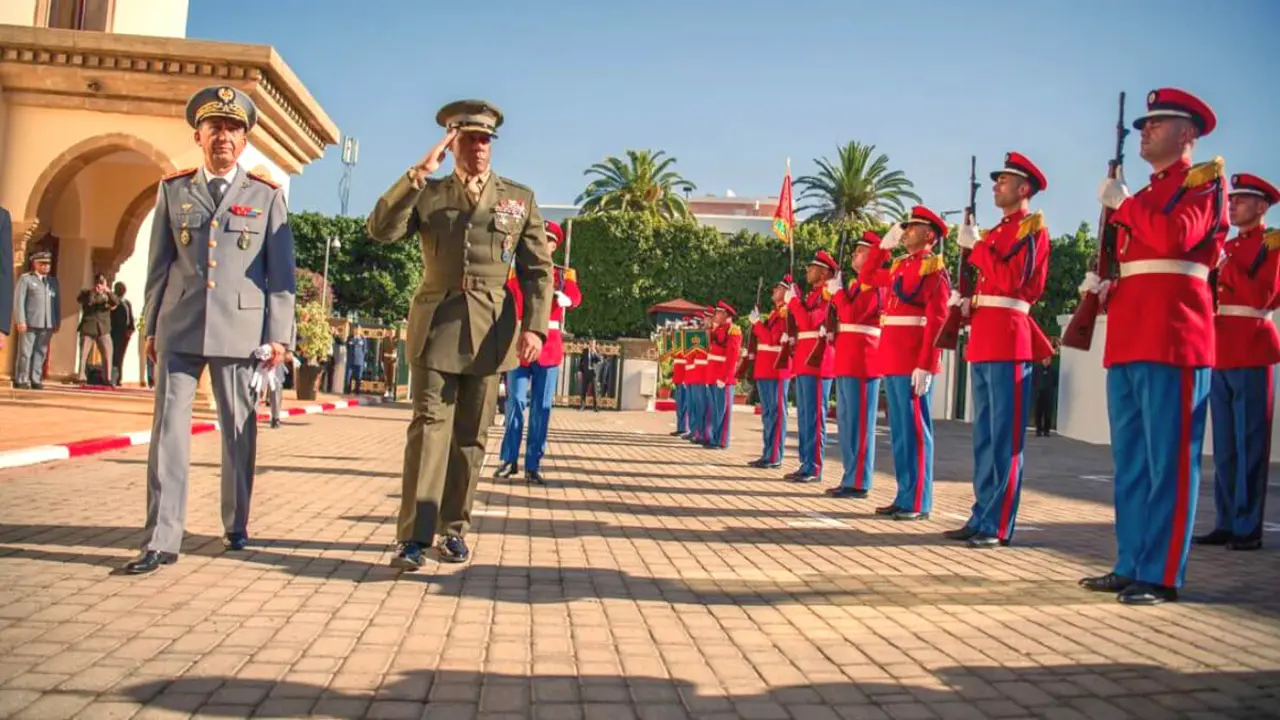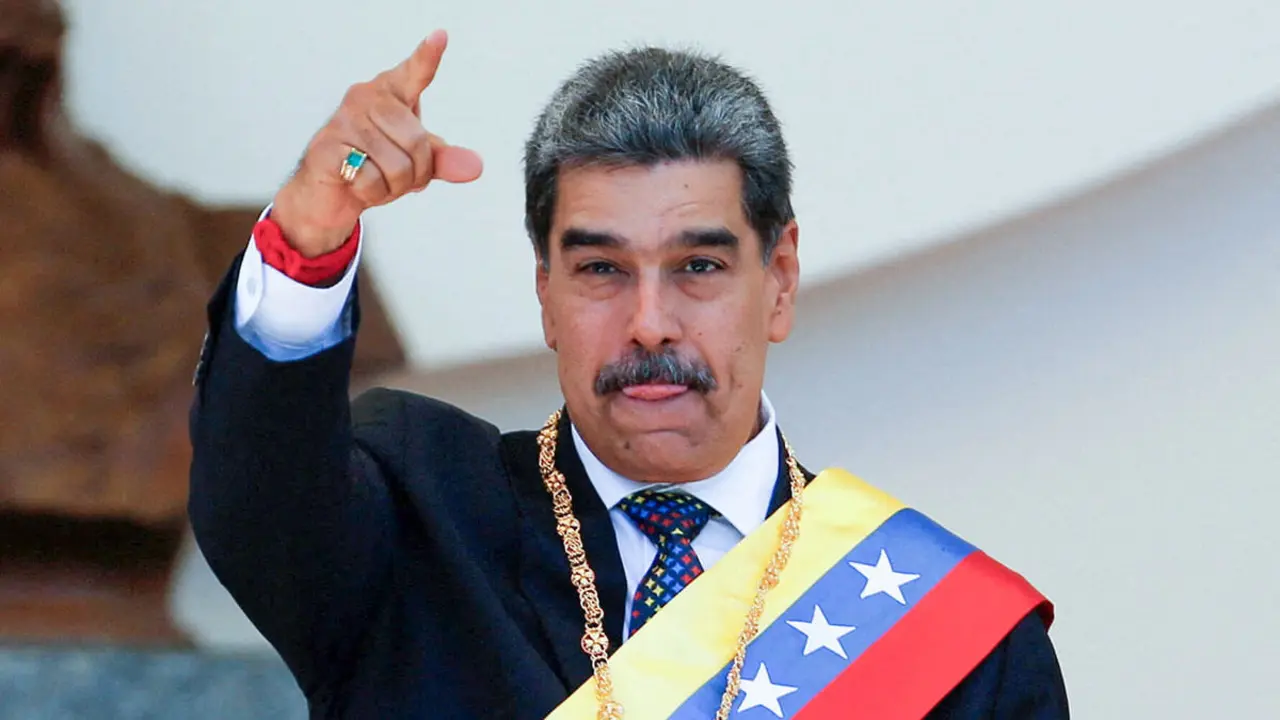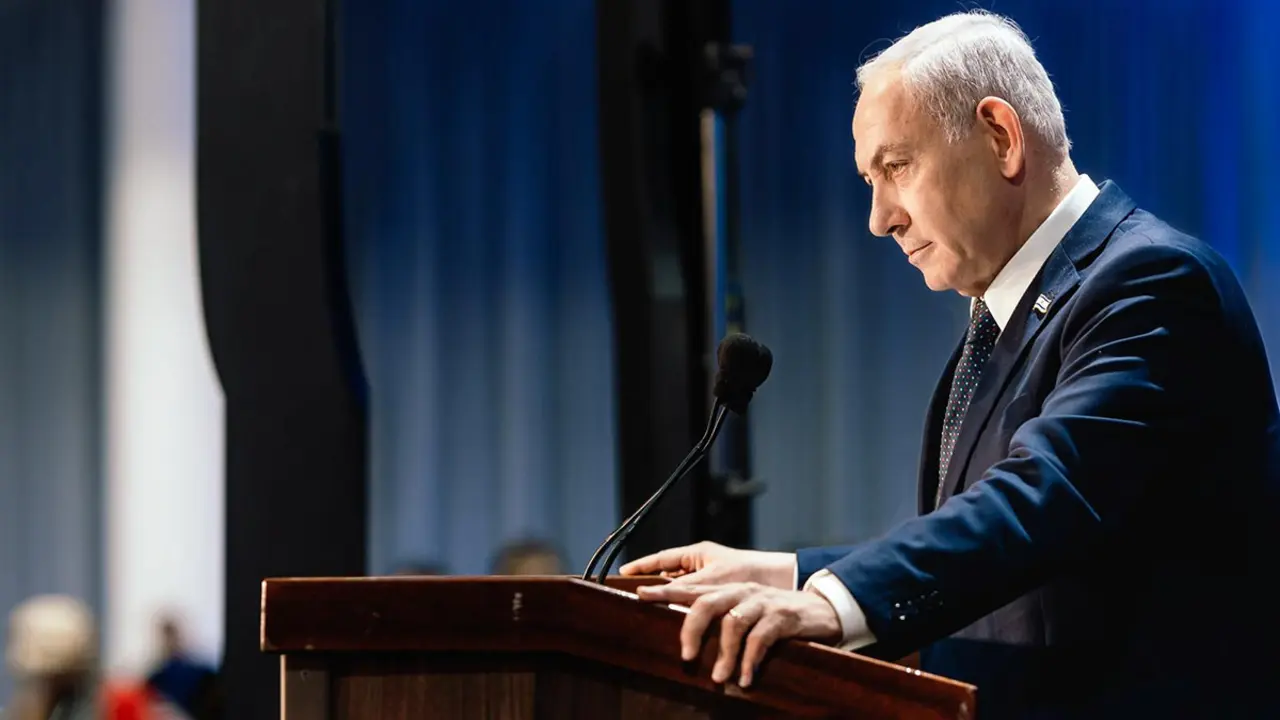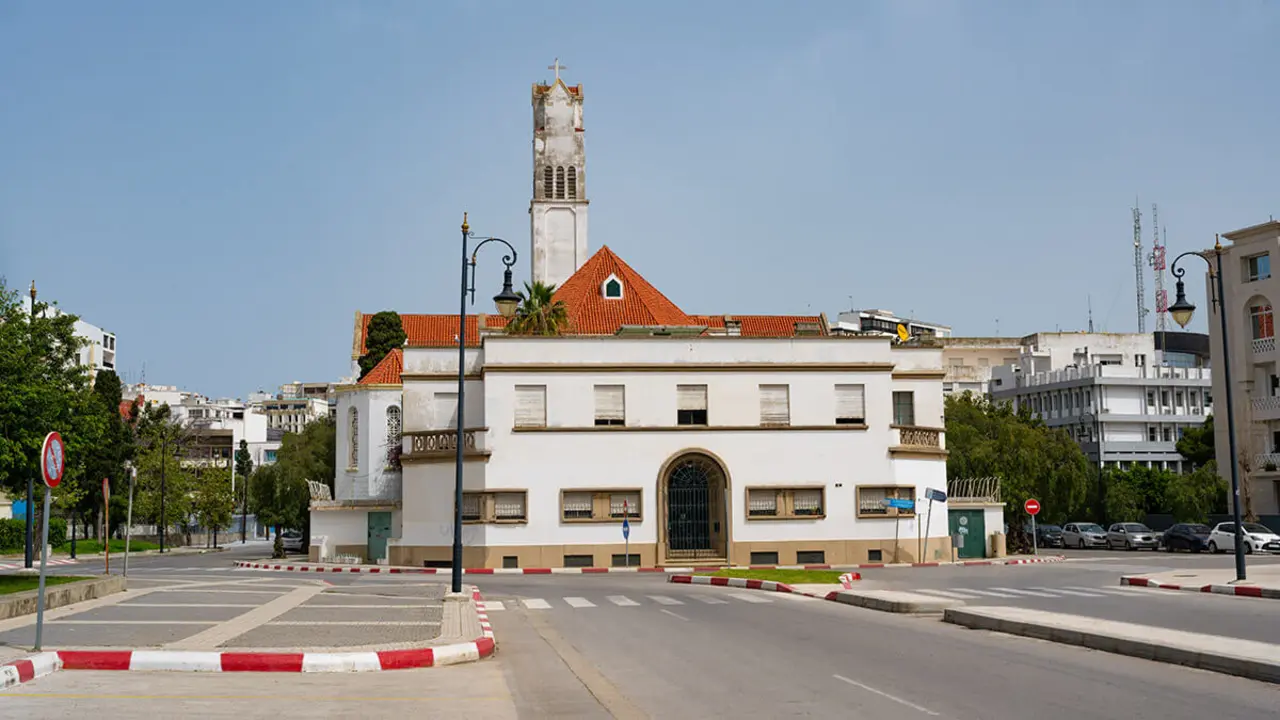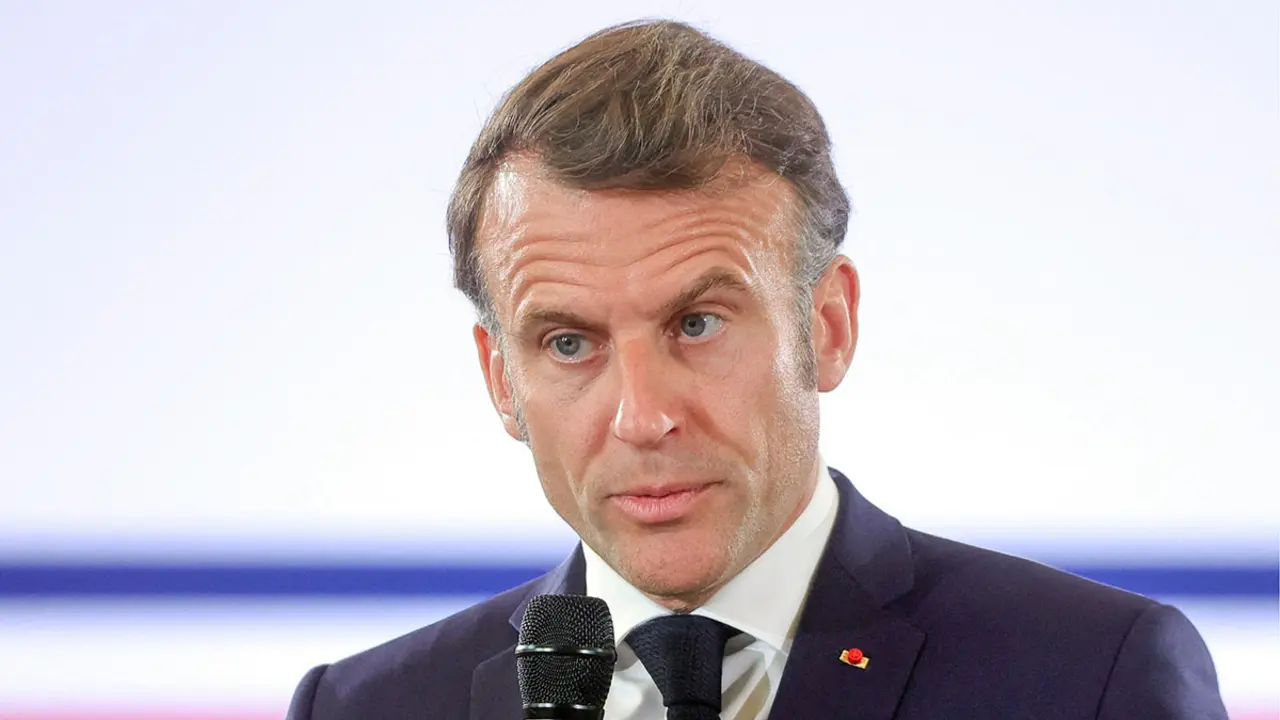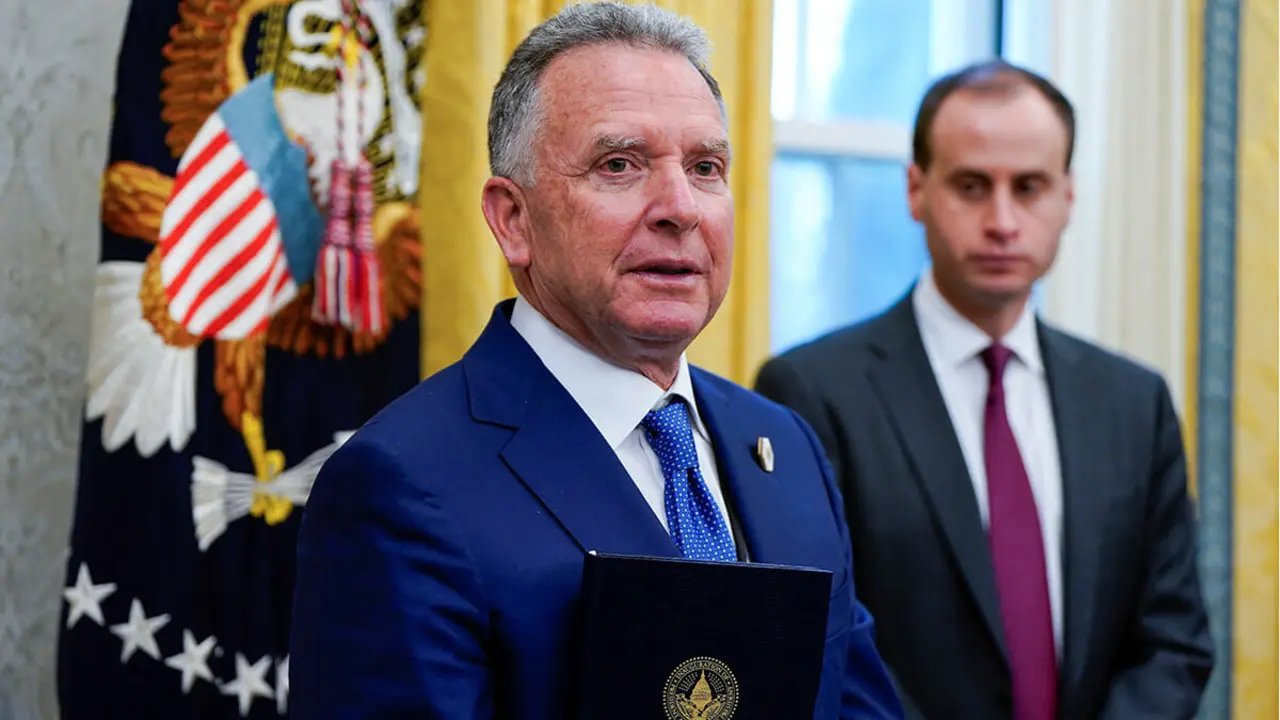Museveni wins Uganda's presidential election with 58.64% of the vote

Uganda's current head of state, Yoweri Museveni, won the presidential elections held on Thursday with 58.64% of the votes, according to the results announced on Saturday by the Electoral Commission.
In second place, the candidate of the National Unity Platform (NUP) and popular opposition leader, Robert Kyagulanyi, better known as Bobi Wine, obtained 34.83 percent of the votes, in a result he was quick to reject yesterday, Friday, considering it to be the result of the "worst electoral fraud in the country's history".
Museveni (76), in power since 1986 and leader of the ruling National Resistance Movement (NRM), was seeking his sixth re-election in these elections and won with this victory over ten other candidates.
The vote took place on 14 January in a calm but intimidating atmosphere, with the streets of Kampala, the capital, and surrounding areas guarded by armoured vehicles; few observers were present and internet access was blocked throughout the country.
At a press conference yesterday morning, Wine insisted that the Ugandans had voted "massively to change a dictatorship into a democracy" and that he would fight for "the will of the people" through all possible legal means, including protest.
For his part, the president of the Electoral Commission, Simon Byabakama, rejected Wine's accusations of fraud and asked him to show evidence, to which the opponent replied that he would do so when the internet was re-established.
This Friday afternoon, when he was scheduled to address the journalists for the second time in the day to explain his upcoming initiatives, dozens of military personnel surrounded Wine's house.
The military presence at his home has been maintained so far and the press and members of his party have been prevented from accessing it after a second attempt to make public statements.
Wine is not under arrest, Ugandan police spokesman Fred Enanga told Efe, and the military guarding his house are there "for the candidate's own safety".
Similarly, one of the army spokesmen, Colonel Deo Akiiki, told Efe that, due to Wine's special status as a presidential candidate, they should reinforce his security. "If we don't let someone in to enter Bobi Wine's house, it's for their own safety and the safety of the people around the presidential candidate," Akiiki said.
Asked by Efe, Nicholas Opiyo, a well-known Ugandan human rights defender who has been arrested on several occasions for his criticism of the regime, considered that "these elections have been neither free nor fair", due to the hundreds of arrests of opposition supporters, the violence against journalists while they were doing their work, or the high military and police presence in the streets. All this "makes, in my opinion, these the worst elections Uganda has seen in a long time," Opiyo said.
"Even if on election day there were no major outbreaks of violence or serious altercations with the police, the brutal military and police presence is not a symbol of a free election" but "of pressure from the state," the activist added.
The 2016 elections, in which Museveni was re-elected with 60.7 percent of the votes, were already described as fraudulent by the opposition, and observers from the European Union, the Commonwealth and the African Union (AU) reported irregularities and a climate of intimidation towards voters.

According to the results announced by the Electoral Commission, Bobi Wine won in the urban areas in central Uganda, near Kampala, and Museveni won the majority of the votes in the rural areas.
In Karamoja, a region in the northeast of the country and the poorest in Uganda, President Museveni has won in rural areas with 80 and even over 90 percent of the votes.
According to a local journalist from this region, who requested anonymity for her safety, this trend is explained by the fact that many people in the rural areas of Karamoja do not know Wine because "the police and military prevented him from campaigning in this region, so they voted for the candidates they knew".
In addition, "many people have told me that local politicians from the ruling party assured them that if they did not vote for Museveni a new war could start, so many people have voted for him out of fear of that war," this journalist explained to Efe.
Wine, 38, began his political career in 2017 and soon became one of the most critical voices of the government with a revolutionary discourse.
Wine has been arrested on multiple occasions, and last November the security forces killed at least 54 people after using live ammunition to disperse hundreds of Ugandans who, in different parts of the country, protested in the streets against a new arrest of the opponent.
President Museveni, for his part, does not hesitate to describe Wine and his supporters as "agents of chaos" who need to be combated.

